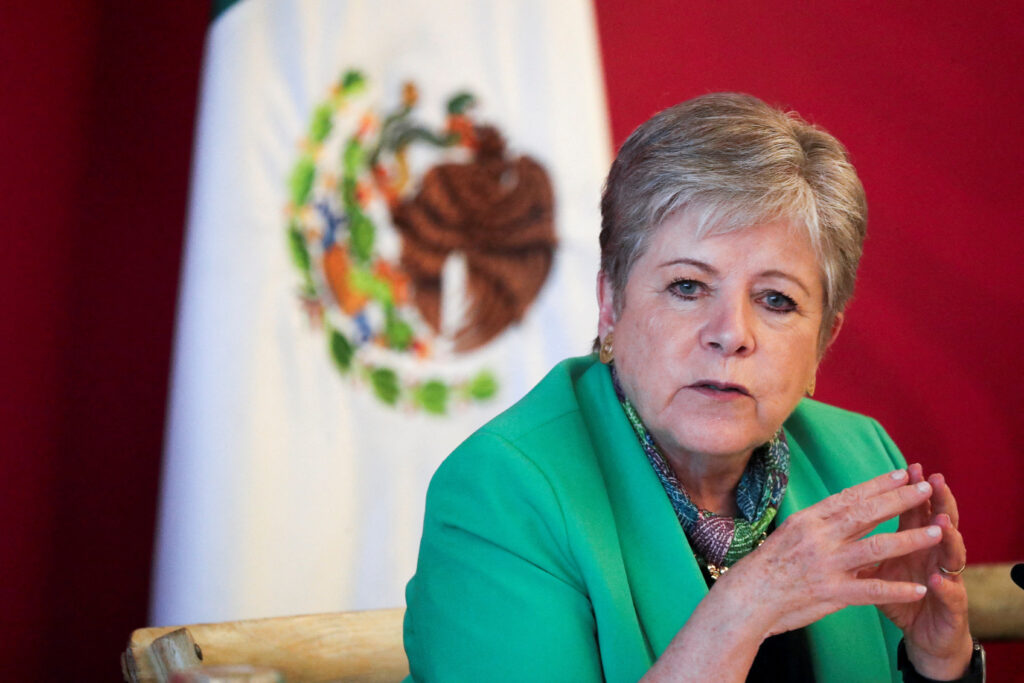A Few Weeks After Claudia Sheinbaum’s Inauguration as Mexico’s First Female President, the Country Unveils an Ambitious Climate Strategy. In an interview with TIME, Environment Secretary Alicia Bárcena outlined a bold climate program: expansion of renewable electricity production, decarbonization of state-owned enterprises, and investments in nature-based solutions. These actions are part of Mexico’s commitment to achieve carbon neutrality by 2050 and submit a new nationally determined contribution to the United Nations ahead of the next climate conference.

Alicia Bárcena current Secretary of the Environment and Natural Resources of Mexico
Sheinbaum, who has a background in energy engineering and experience contributing to UN climate reports, represents a major shift from her predecessor, Andrés Manuel López Obrador. The former president focused heavily on the national oil company, Pemex, while deprioritizing climate initiatives. Now, Sheinbaum envisions Mexico as a climate leader, with the potential to influence not only Latin America but also the international community.
Bárcena, a former Foreign Affairs Secretary and trained biologist, brings valuable national and international experience to her environmental mission. She emphasizes that the new government is open to foreign investments, but only those that generate jobs and protect the environment. A recent dialogue with American business leaders reinforced this commitment to renewable energy and closer cooperation with the United States.
Key Points of the New Climate Policy
- Pemex Decarbonization: Oil production will be capped at 1.8 million barrels per day, down from a previous peak of over 3 million. Pemex, one of the world’s largest carbon emitters, will focus on reducing its carbon footprint, signaling a commitment to align state-owned companies with climate goals.
- Partnerships with the United States: Mexico plans to collaborate with the U.S. on joint climate initiatives, including energy transition and diversification of supply chains for critical minerals like lithium and copper. This would help the U.S. reduce its dependency on China.
- Sustainable Development and Paradigm Shift: Bárcena advocates for a new approach to development, moving away from extractivist policies in favor of a more equal and sustainable society. She calls for greater integration of environmental considerations in government decision-making, moving away from traditional resource exploitation models.
Mexico’s new climate policy presents an interesting investment opportunity, especially in the renewable energy and sustainable technology sectors. The new administration’s willingness to open the market to foreign investors and support environmentally friendly businesses creates a favorable context for green project investments.
For investors, Mexico could represent a promising long-term opportunity in renewable energy and ecological transition. However, it is advisable to closely monitor regulatory developments and international cooperation, particularly with the United States, to understand how these partnerships will influence the market.
Source:


